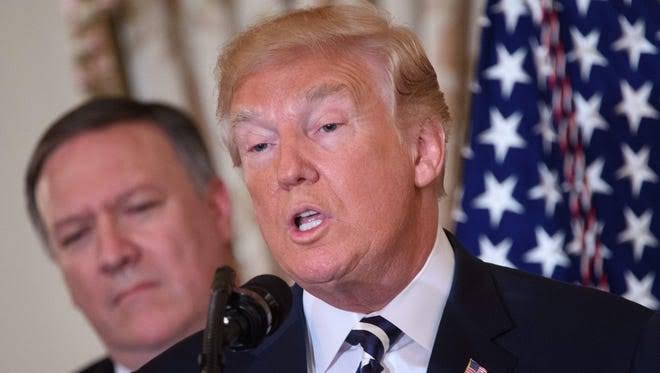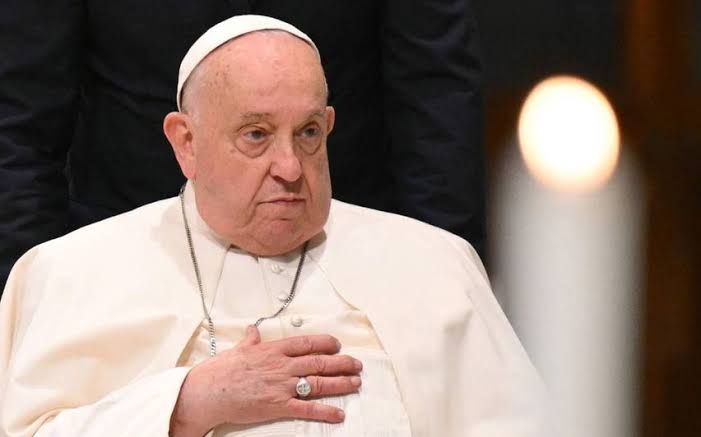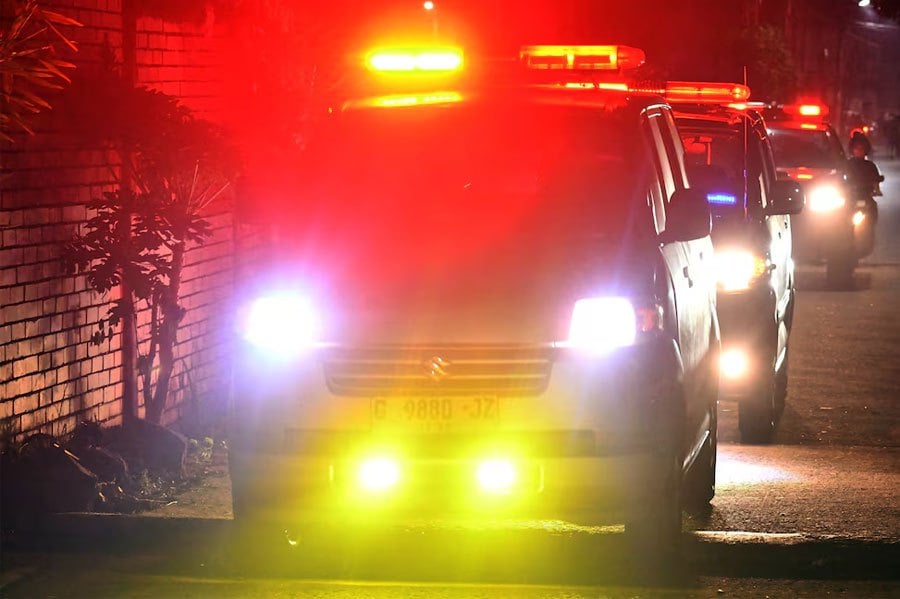The dispute is more heated than ever as Germany begins the last week of election campaigning on Monday due to allegations of US meddling in favor of the far right.
Following weeks of debate over immigration and a spike in support for the far-right Alternative for Germany (AfD), US Vice President JD Vance’s remarks last week gave the race a new direction. Speaking in Munich on Friday, Vance insisted that there was “no room for firewalls” and urged Germany to abandon its long-standing taboo of having the extreme right in power.
His remarks were a major topic of discussion in the most recent TV debate between leading contenders and drew tens of thousands of protesters to the streets of Berlin on Sunday.
Friedrich Merz, whose party is now topping the polls with almost 30 percent, declared, “I will not let an American vice president tell me who I can talk to here in Germany.” Voters were informed by the conservative CDU candidate that he would “not tolerate such interference” in coalition talks or the polls on February 23. Additionally, Vance’s remarks were deemed “unacceptable” by Chancellor Olaf Scholz, who also declared that “no cooperation with the extreme right” exists.
Vance was commended on Sunday for having “spoken out so clearly” by the leader of the rising AfD, which also has the backing of prominent Washington advisor Elon Musk. “We must communicate with one another; we cannot erect barriers to keep out millions of people right away. Alice Weidel informed the television audience, “He made that clear.”
Candidates are fighting for every vote in the fierce campaign, which is expected to see more TV battles and public rallies. According to recent surveys, almost 30% of Germans are unsure about their choice of candidate. According to a poll conducted by the RTL channel, viewers of Sunday’s discussion gave Merz a lead of 32 percent, while Scholz came in second with 25 percent.
Eighteen percent of viewers favored Weidel, the first AfD politician to participate in such a discussion. She was tied with the Greens’ Robert Habeck. According to Herrmann Binkert, chairman of the polling company INSA, “none of the candidates landed a knockout blow,” Bild newspaper reported. According to Binkert, the discussion was not anticipated to result in any “big changes” because Merz’s polling lead appears to be holding steady.
After Scholz’s center-left coalition fell apart due to disagreements over how to balance the budget, the vote is taking place six months sooner than anticipated. Following a string of assaults attributed to asylum seekers, the campaign has since been dominated by a contentious discussion on migration. The most recent was a car-ramming incident in Munich last week that killed a two-year-old girl and her mother while injuring 37 others.
Read more: Israel to remain in 5 ‘strategic points’ in Lebanon despite withdrawal deadline
Recent months have seen an increase in the anti-immigration AfD’s poll ratings, and it is predicted to earn a record-breaking 20 percent of the vote.
As Europe faces a widening gap with Washington over the war in Ukraine, the campaign’s last phase begins. Germany is anticipated to be represented in the Paris security talks on Monday. Ahead of bilateral negotiations on Ukraine that are anticipated in the coming days, US President Donald Trump has called his Russian counterpart Vladimir Putin, sidelining European leaders. According to Scholz, any negotiations must include Europe “because it cannot be done without us.”
“There will be no security guarantees that we have not developed ourselves and accept for ourselves,” he stated. Keith Kellogg, Trump’s special envoy to Ukraine, stated that while Europe will have “input” into discussions on Ukraine, it would not be directly participating. However, Scholz stated “no decisions will be made over its (Kyiv’s) head — we Europeans will not allow that” .





